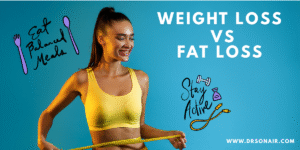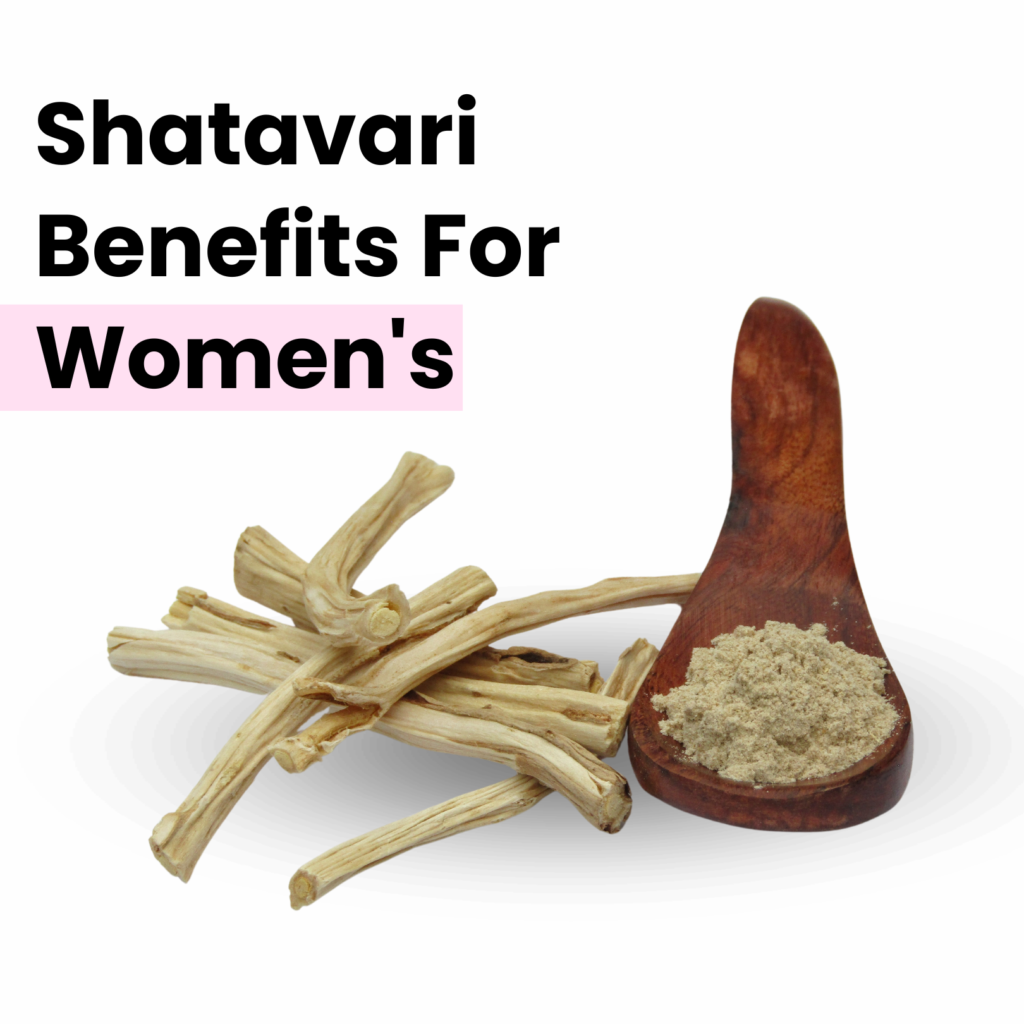Weight Loss vs Fat Loss: Difference & Best Diet for 2025
Weight Loss vs Fat Loss: Difference & Best Diet for 2025-: Many every year set health goals that are majorly of shedding extra kilos and taking steps to improve overall wellness. But what confusion pers
ists is that air for weight loss without realising what the body needs exactly to follow it up. If you are one who quite struggles with the distinction between Fat Loss vs Weight Loss, then good to understand it first. The first approach within the wellness journey starts with deeper knowledge of the same.
No matter how the 2025 trends for new diets and personalized nutritional plans go, the imperative is to focus on the approach you want within sustainable fat loss rather than short-term weight loss. Let’s help you more with a breakdown for each of the terms, goals and even the Best Diet 2025 to achieve what you are expected to before the year ends.
Understanding Weight Loss
Let’s begin with Weight Loss, which primarily refers to the reduction of total body weight. It includes losses in water, muscles, glycogen and body fat. Typically, the number on the scale goes down, which may be rewarding, yet weight loss doesn’t necessarily focus on making you healthier or leaner.
The rapid weight loss is focused on crash diets, extreme calorie deficits and dehydration technique—this leads to losing water weight and muscle mass first. However, impact on overall metabolism lowers the energy and makes it harder for the body to maintain sustainable results for longer.
Understanding Fat Loss
The other side of fat loss is specifically on reducing the amount of stored fat in the body, but preserving the muscle mass. It’s a way to achieve a toned body that is strong and healthy as well. Similar to weight loss, weight loss isn’t always on dramatic change on the scale right away, as muscle is denser than fat. With weight loss, clothes get more better fit and the waist overall gets shrink. This makes the body look defined even if your actual weight hasn’t changed much.
If you are precisely focusing on fat loss, it leads to sustainable results because it keeps the body’s metabolism healthy. Therefore, maintaining muscle mass while burning fat ensures the body continues on the right track to burn calories with no exertion. This makes it easier to keep fat off long-term.
Weight Loss vs Fat Loss: Why the Difference Matters
Let’s give you a quick catch-up on understanding weight loss vs fat loss. This mainly depends on an individual’s fitness goal. If you only focus on reducing weight, then maybe your lack of awareness will harm your health by causing you to lose muscle and slow your metabolism.
Typically, fat loss needs more smarter approach—that combines balanced nutrition, strength training and adequate rest. This fat loss journey may take more time than crash dieting, which makes the body healthier and long-lasting.
Best Diet 2025: A Shift Toward Personalised Nutrition
While planning for the Best Diet 2025 for fat loss, the key consideration is its personalisation. Instead of one-size-fits-all meal plans, modern dietary approaches majorly focus on individual needs, genetic predispositions, lifestyle and gut health. However, specifics also vary from person to person choices yet a few core principles need to be followed to maximise weight loss while maintaining the muscle needs.
Core Principles of the Best Diet 2025
Prioritise Protein-Rich Foods
Typically, protein supports muscle maintenance, within increased satiety and preventing overeating. This majorly includes food like lean protein sources such as eggs, tofu, tempeh, lentils, chickpeas, beans, Greek yoghurt, cottage cheese, fish and chicken. The plant-based protein ingredients include soy, pea or hemp protein. The high protein intake helps in boosting metabolism and helps burns body burn more calories during digestion.
Emphasize Whole, Minimally Processed Foods
The ultra-processed foods are high in calories and low in nutrients. This helps in good fat loss. Individuals need majorly focus mainly on whole grains, vegetables, fruits, nuts, seeds and healthy fats.
Ultra-processed foods are often high in calories and low in nutrients, which can sabotage fat loss. Base your meals around whole grains, vegetables, fruits, nuts, seeds, and healthy fats like olive oil or avocado. These foods are nutrient-dense, filling, and promote stable energy levels throughout the day.
Balance Macronutrients for Sustainable Energy
Instead of cutting carbs or fats, get the Best Diet 2025 that balances all of the macronutrients such as protein, carbs and fats. Thus, support long-term energies and hormonal balance. Carbohydrates come from foods such as whole grains, fruits, and legumes, while fats should come from nuts, seeds, and oily fish.
Manage Caloric Intake Without Extreme Deficits
If you want sustainable fat loss—that comes from a moderate calorie deficit, that is 300-500 calories below maintenance. The following extreme restrictions do cause rapid weight loss, likely leading to muscle loss and metabolic slowing. This is primarily focused on individuals on portion control and mindful eating within strict restrictions.
Time Your Meals to Support Metabolism
Eating on time, skipping meals, is another trend that is focused on when it’s a firing debate on the best diet 2025 model. It’s over the spreading protein across meals, having fibre-rich foods, avoiding heavy meals at night, and more are some niche areas. This is, of course, healthier as it improves digestion and maintains stable blood sugar levels, which helps in fat loss.
Combining Diet With Training for Fat Loss
Most of you would agree that nutrition is only half the equation. If you are focused on fat loss while preventing muscle loss, do not resist on essentiality of what the body needs. The imperative is to strength training that stimulates muscle growth and signals to the body to retain muscle. Therefore, ensures the weight loss that comes from fat yet doesn’t lean tissue.
Like cardio workout supports fat loss too—especially moderate within steady-state cardio like brisk walking, cycling or swimming. Doing much cardio strengthen training may increase muscle loss. Therefore, the perfect combination is to have 3-4 strength training sessions per week. It’s paired with 2-3 cardio sessions for heart health and calorie burn. Apart from that, you can let your body be tired as recovery is equally important. Taking adequate sleep of at least 7-9 hours and stress management are equally important. This helps in regulating hormones such as cortisol that influence fat storage.
The Final Verdict
Not only the trend but also the debate is firing around about weight loss vs fat loss. In this, who wins—well, when it’s fat loss, it focuses on delivering lasting health, strength and confidence. When it’s over, the weight loss is only a misleading and temporary effect.
adoption of a new diet strategic that emerged within the best diet 2025 is balanced, customised and sustainable. Keeping food prioritised like whole food, protein, with portions like having moderate calorie control, strengthen training helps in a way to shed fat. Don’t follow the trend blindly like chasing quick fixes, but focus on habits that nourish body and mind for the long run.
If your aim is fat loss rather than weight loss, transformation is only possible when your health is inside out in terms of and goals you are focused on. That kind of dedicated change is what last beyond 2025 and for years.
Home | Vkare | Fuschia | Physiovits | Dr.Snug



